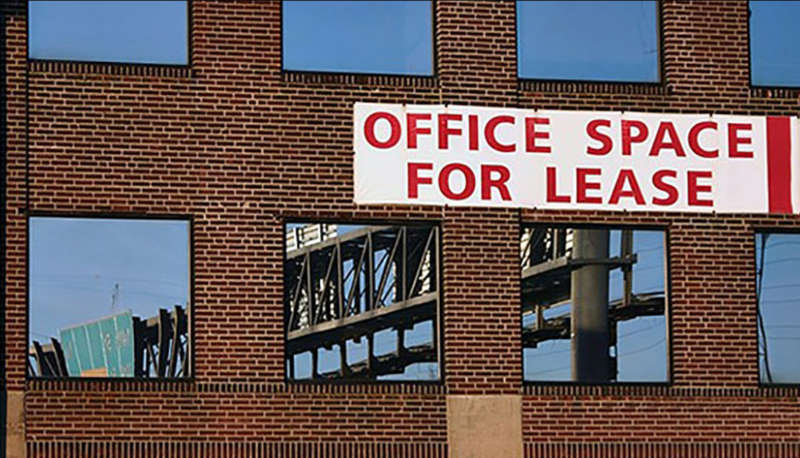Most modern businesses operate out of commercial locations.
Those who are launching or expanding businesses have two options when it comes to real estate. They can either lease a property or buy one either with cash or through financing. This article will introduce five of the main pros and cons of each strategy.
Pros of Buying Commercial Property
Not all business owners can afford to purchase their properties, although working with lenders can make it easier for qualified buyers to purchase them. Here are a few of the benefits of purchasing property for those who can afford it:
1. Buying commercial property with cash helps to build equity, making it easier to grow a business.
2. The value of commercial properties tends to increase over time, making commercial real estate an appreciating asset.
3. Commercial property owners can deduct interest, depreciation, and expenses on their commercial properties.
4. Business owners who own their properties have complete control over them, so there will never be a need to negotiate with landlords regarding reconfiguring the space.
5. Those who can afford it can purchase land zoned for commercial use then hire a contractor to design and build premises that perfectly suit their needs. Business owners interested in taking this approach can find help over at cochraneng.com.
Cons of Buying Commercial Property
Buying commercial property isn't the right solution for every business owner. Here are a few of the issues that can come along with purchasing real estate instead of leasing commercial premises.
1. The cost of purchasing property can be prohibitively expensive, even with a loan. Most sellers require a down payment of between 10 and 40 percent of the property's value.
2. Not all business owners will qualify for commercial real estate loans and those that do may have difficulty finding lenders that offer reasonable interest rates.
3. Business owners who own their commercial premises are liable for injuries that occur on their properties, so they'll have to pay for all upkeep and repairs and take out insurance policies to protect themselves against lawsuits.
4. The business may suffer from the loss of liquidity that comes along with purchasing a property.
5. There is always the possibility that the property's value will decline, leading to a capital loss.
Pros of Leasing Commercial Property
Most commercial leases run anywhere from three to ten years. Here are a few of the benefits of signing on the dotted line:
1. Leasing commercial property frees up capital for the rest of the business's operations.
2. Business owners who lease instead of buying will have fewer distractions since they won't have to worry about property management.
3. It's easier to determine an accurate monthly budget.
4. Lease payments are tax-deductible.
5. It's easier to qualify for a lease than a real estate loan.
Cons of Leasing Commercial Property
There are a few downsides to leasing property. They include:
1. Lack of equity or appreciation.
2. Less control overuse of the space.
3. Rent is often more expensive than mortgage payments.
4. No possibility of passive income.
5. Business owners must continue paying rent even if the business goes under.
The Bottom Line
There's no one-size-fits-all answer to whether business owners should lease or buy a property. The best thing to do is look at local options, consider the company's business plan, and make an informed decision based on financial feasibility and personal preference. When in doubt, consult an accountant for advice.
